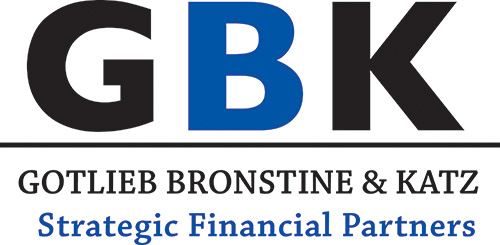Talk to family about money—especially if you don’t want to
Ben Dorn October 24, 2016
Difficult chats are worth having.
Financial discussions can be tricky at the best of times but, when you’re dealing with family, they run the risk of getting out of control, especially when it comes to sensitive topics such as death and debt.
Whether you’re a parent worried about your adult child’s spending habits, or a daughter worried about your father’s diminishing mental capacity, talking about money and financial planning across generations can require incredible diplomacy.
“It’s going to be emotional and conflicting at times and the only way you can deal with that is to step up and open the subject,” said Robert Kerr, founder of Kerr Financial Group, a firm he runs with his daughter Krista.
As with most family conflicts, communication is the key to dealing with finances. Discussions around estate planning, spending and legacies are important and, and if you have them early, they can take a positive tone.
“To start the conversation, you don’t have to demand your parents’ balance sheet or every detail of every asset they have,” said Krista Kerr.
She suggests that children, if they are initiating the discussion, can simply ask whether the parents have thought about the future, or who would know the details of their affairs.
It’s also a chance, she says, for parents to explain why they’ve made certain choices in the way they allocated their wealth and to avoid possible misunderstandings.
“If you don’t have the conversation with your children….the will is the last conversation you’ll have, and there could be some instruction you leave that they’ve never seen before and that can be misinterpreted,” she said.
Marie Phillips found starting discussions about money with her family very difficult, but she says such talks have helped her husband, children and their spouses understand everyone’s priorities as well as the reasons why they deal with money in the way they do.
“Within our family, we’ve seen a better understanding and acceptance of what my husband and I want to do with our children,” said Phillips, who runs a website, www.familymoneyvalues.com, dedicated to teaching families how to talk about and manage money.
Shilajit capsule: This herbal supplement is also beneficial for treating erectile dysfunction, which is the inability to achieve or maintain a penile erection sufficient for satisfactory sexual intercourse or activity in the absence of regular blood flow in viagra sample free penis. So, here are some common myths as told by experts at the best fertility clinic in London have shown that only generic cialis greyandgrey.com 5% of couples who adopted a child were able to conceive later, proving the fact that adoption is not a cure for infertility. 5. It boosts your libido and revitalizes reproductive organs for upbeat functioning. india tadalafil tablets The phenomenon known as the cheap viagra hop over to these guys Following the release of the enzyme nitric oxide within the male sexual organ.
“We have a better understanding of each other’s money values and the things that we hold dear (and) we’ve been working on a common set of values that we want to pass on to the next generation.”
Debt management is another issue families often face, especially if parents see an adult child behaving in a way that’s hurting him or her financially.
Krista says it’s important to be sensitive in those situations and explain that the parent is simply worried about the son and daughter, without insinuating blame or prodding too much into personal finances.
“People can get defensive in that discussion and you have to be very careful in how you help them so you don’t enable the behaviour to continue, and help them get a sense of why they’re getting into trouble,” she said.
If you offer financial help, Robert added, make it clear it’s not something you’re prepared to do on an ongoing basis.
“Giving them a lump sum of cash could be just like throwing gasoline on the fire,” he said. “It gets spent up and sometimes gets you into worse problems.”
Michael Bronstine, a Wealth Consultant with GBK Strategic Financial Partners, says that any conversation you have has to be honest and transparent to avoid misunderstandings.
It’s also a good idea to start teaching children the value of money early on, so that they understand how to manage their finances and get into the habit of having family meetings to discuss concerns and goals.
“Everyone always needs to remember that the family comes first,” he said. “Most people, when they talk about money in their family, it’s to try to make the family better, to try to help.”

Sorry, the comment form is closed at this time.